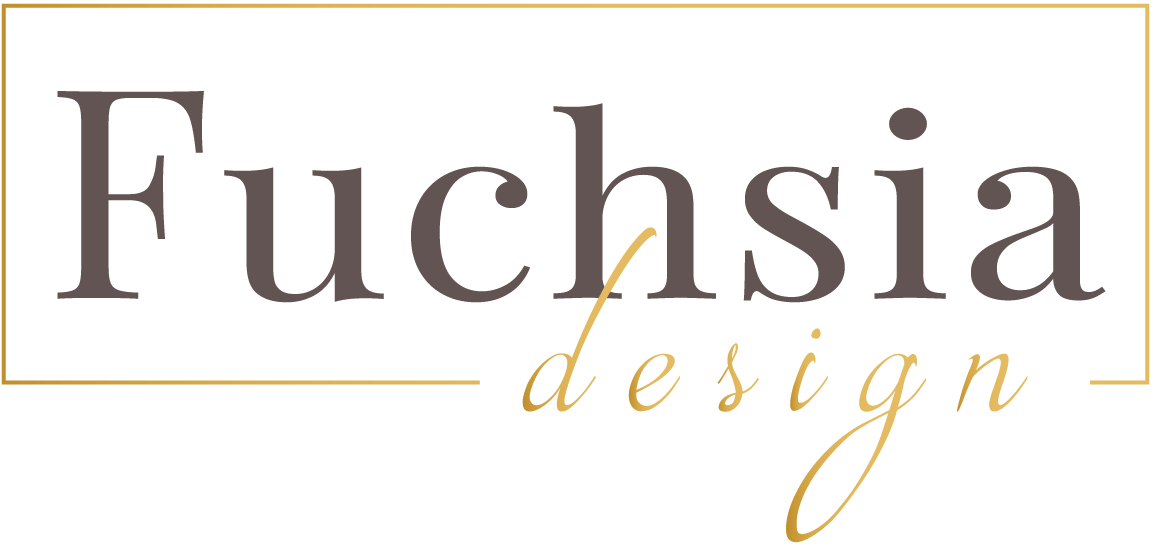So, you’ve hired an interior designer for your bathroom renovation. Her (or his!) website is beautiful and she has a great personality. Your bathroom floor plan is a little tight, but she manages to fit a tub in to replace the previous shower with the shower head on an exterior wall. This is great! Does your interior designer know that you can’t put plumbing in an exterior wall in Michigan due to insulation and that wall now has to be furred out an additional 2” to accommodate the plumbing? Suddenly, your tub that you’ve already purchased will no longer fit, and you’re left with a brand new bathtub and no where for it to go.
OR you’re building a new home and hired an interior designer to select finishes. So, she helps you select this stunning tile for the mudroom floor, having no knowledge of COF (coefficient of friction). So, the tile gets installed, and while it LOOKS amazing, it’s incredibly slippery, and your kids are falling every time they come inside with wet shoes on.
These are just two of the nightmare stories my clients have told me after hiring interior designers that they thought were qualified to deal with the complexities of custom home building and renovations.
…In the state of Michigan anyone can call himself or herself an interior designer? My hair stylist could wake up tomorrow and decide she wants to be an interior designer, make a business card, and try to take on your bathroom renovation.
Each project is different, and I have no doubt there is a place in the design world for interior designers with innate design ability yet no formal training. Projects that entail freshening up a home, simple material selections, paint colors, and décor can easily be achieved with a interior designer that has less training and hopefully a lower hourly rate.
If your project involves new construction and deep renovations, you may want to think twice about who you hire!
Hiring an interior designer with at least a bachelor’s degree in interior design is the safest bet to make sure you hire someone educated in each facet of your project. I had the privilege of studying at an accredited university that allowed me to minor in construction management. Compared to other art schools with interior design programs, this really made Central Michigan University’s program stand out! Rather than minoring in art or business, I was able to get a full education on the entire building process. I took electrical wiring courses. I took building code classes. I took construction drafting classes. When I’m walking through a house with an electrician doing an electrical walkthrough, I’m well versed in the verbiage and terminology of his profession. You may say, I speak his language. This ensures that I not only know what I’m talking about when I am communicating your desired design, but that the electrician can trust in my electrical plans and instruction.
Hiring an interior designer that is educated compared to one that isn’t can save you money in the long run by avoiding those simple mistakes along the way. Not to mention, saving you time and energy and keeping your project on track. Your sanity is worth the investment in an educated designer. If your project involves demo, reconfiguration of interior spaces, additions on your existing home, custom cabinetry, construction drawings, electrical work, permitting packages, designing with low environmental impact, or accessible design for those with disabilities, your project will benefit from hiring an interior designer who is NCIDQ certified.
“NCIDQ Certified Designers have completed a minimum of six years of specialized education and experience and passed a rigorous three-part exam based on CIDQ’s independent comprehensive analysis of the professional and the daily practice of interior designers in a range of settings. That makes it the highest qualifications in the industry.”
I took the NCIDQ last fall (2014) and found out I passed all three parts to this rigorous exam in December. You can read more about my journey here
Moral of the story… make sure to look beyond the beautiful pictures on your designer’s website. Do some digging on what his or her educational background is, and then decide if that’s something that’s important to you and your project!






